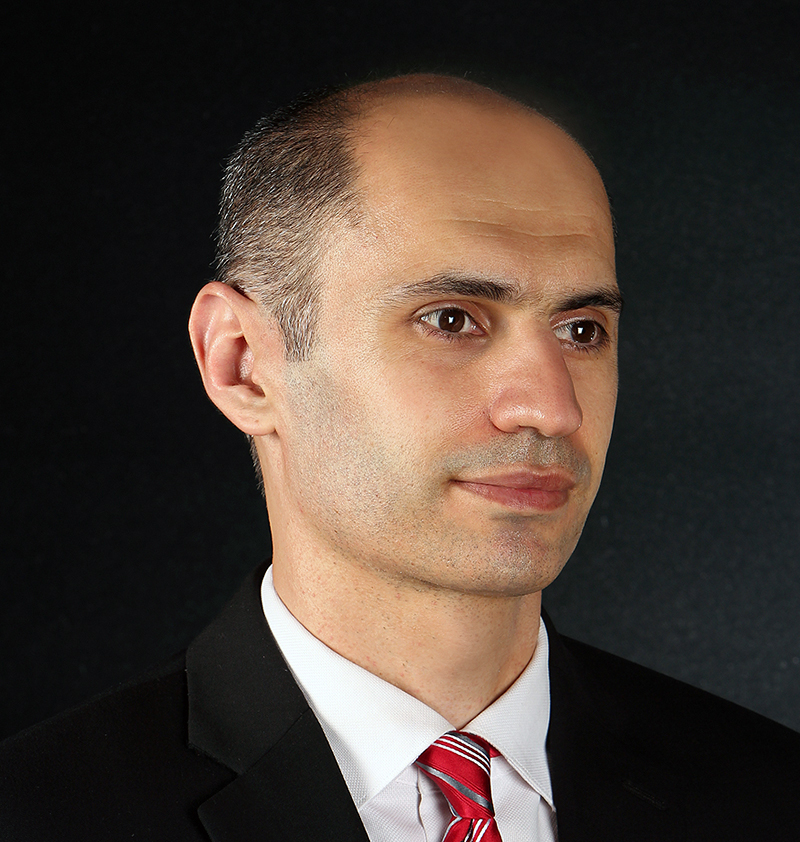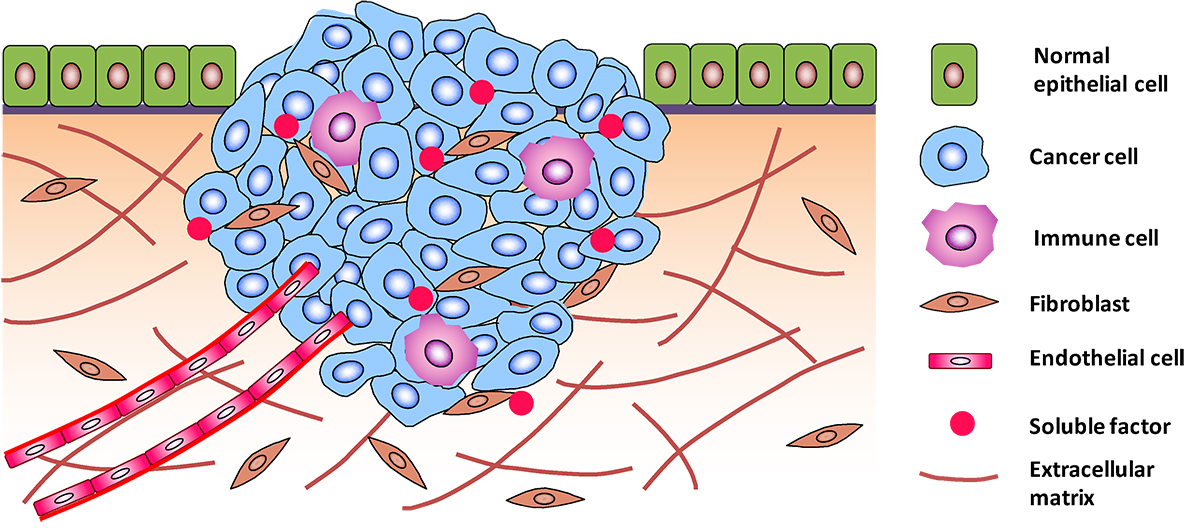Dr. Hossein Tavana, an associate professor of biomedical engineering at The University of Akron, has received a single primary investigator grant of $328,426 from the National Science Foundation (NSF) – his third federal grant this year – to study the role of stromal cells in cancer.

Dr. Hossein Tavana
In addition to a mass of cancer cells, tumors contain several other types of cells known collectively as stromal cells. These cells make up connective tissue that normally supports all tissues and organs both structurally and functionally. Research in recent years has shown that stromal cells play a major role in cancer growth and progression.
“Tumors are considered a complex tissue,” said Tavana. “Treatments have only focused on the cancerous cells and largely neglected the stromal cells that contribute to tumor growth and persistence despite treatments.”
The research in this three-year NSF grant will utilize his lab’s patented technology to make 3D culture models that mimic the morphology of tumors and reproduce the interactions between stromal and cancer cells.
“Our studies using this model will allow us to mechanically understand how stromal cells render cancer cells proliferative and drug resistant,” said Tavana. “This will ultimately allow for more accurate drug testing and introduce stromal cells as new therapeutic targets. A major effort of this project will be testing rationally selected combinations of drugs that block interactions of stromal and cancer cells, prevent growth of cancer cells and maintain their sensitivity to drugs.”

As a disease model, this project will use triple negative breast cancer (TNBC) cells and cancer-associated fibroblasts as stromal cells. Unlike several other types of breast cancers, there is currently no effective treatments for TNBC and therefore, this project may offer new treatments for this type of breast cancer. The technological approach will be broadly applicable to different types of cancers.
As well as training UA graduate and undergraduate students for the growing biomanufacturing industry, this grant will provide opportunities to Akron Public School students to experience hands-on biomedical research and engineering education. Tavana coordinated the outreach with Project GRAD Akron, a nonprofit organization that works to ensure a quality public school education for all at-risk children in economically disadvantaged communities.
“I was able to arrange for a group of three female African-American high school students and their teacher to come to UA for two weeks each year throughout the three-year period of the grant to participate in funded summer camps, engage in hands-on research and enhance their communication skills through designed activities,” explained Tavana. “They will be shown how to present their summer research in their school, which will serve to advocate engineering among their peers.”
All NSF proposals have a Broader Impacts component to demonstrate how the proposed research will benefit the community, in addition to contributions of its research discoveries.
Media contact:
Lisa Craig, Media Relations Specialist, 330-972-7429 or lmc91@uakron.edu
